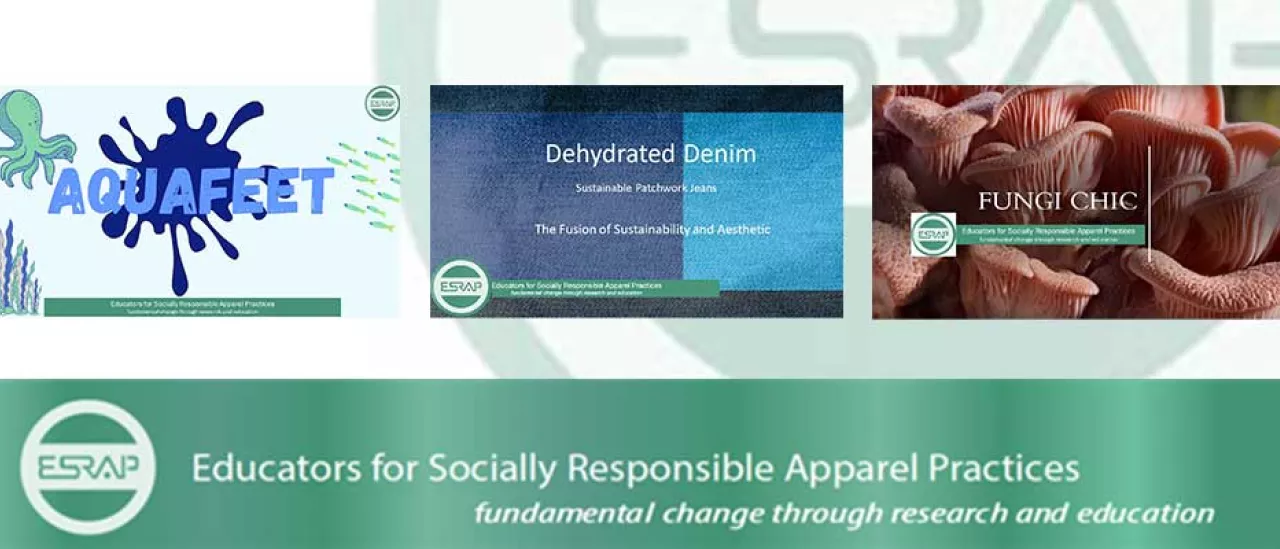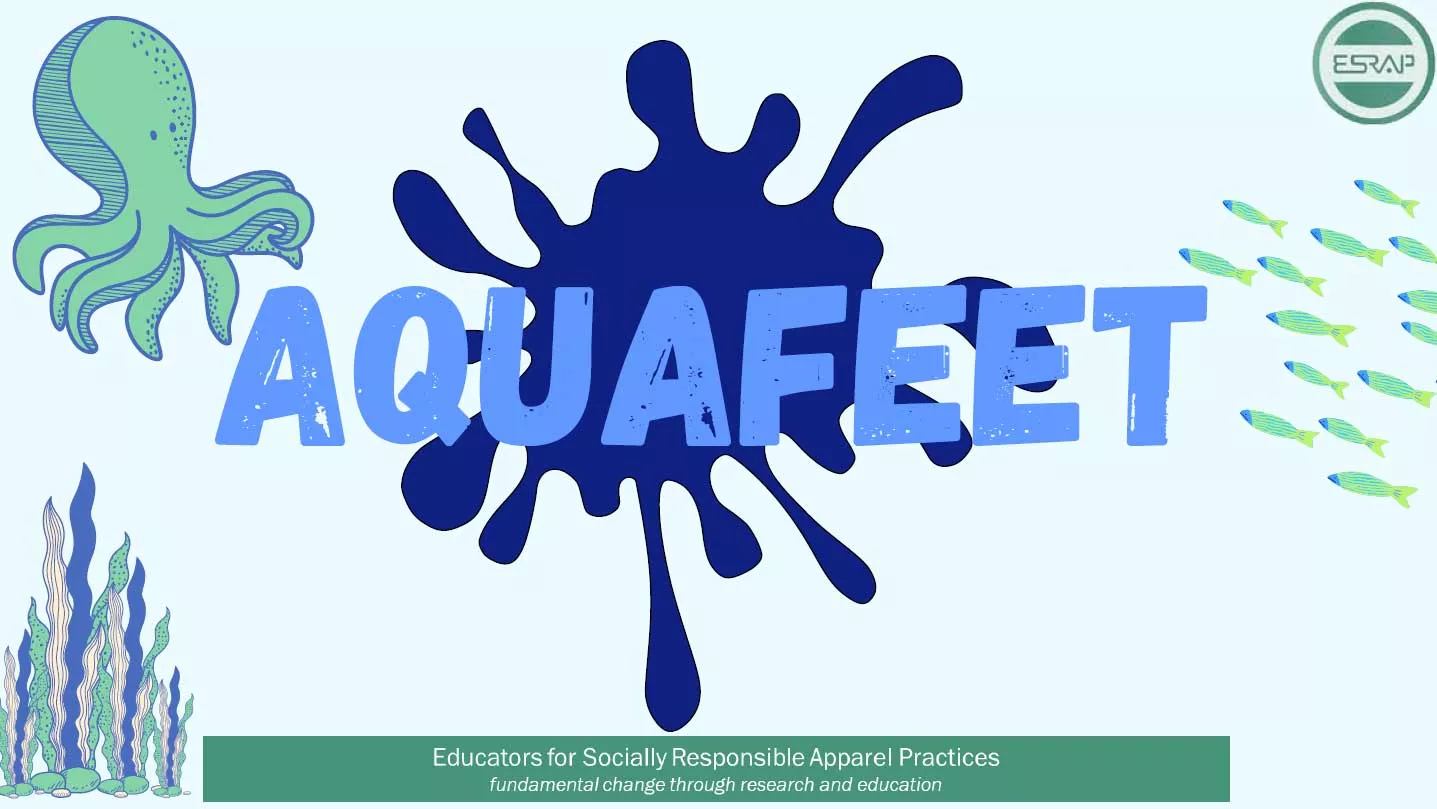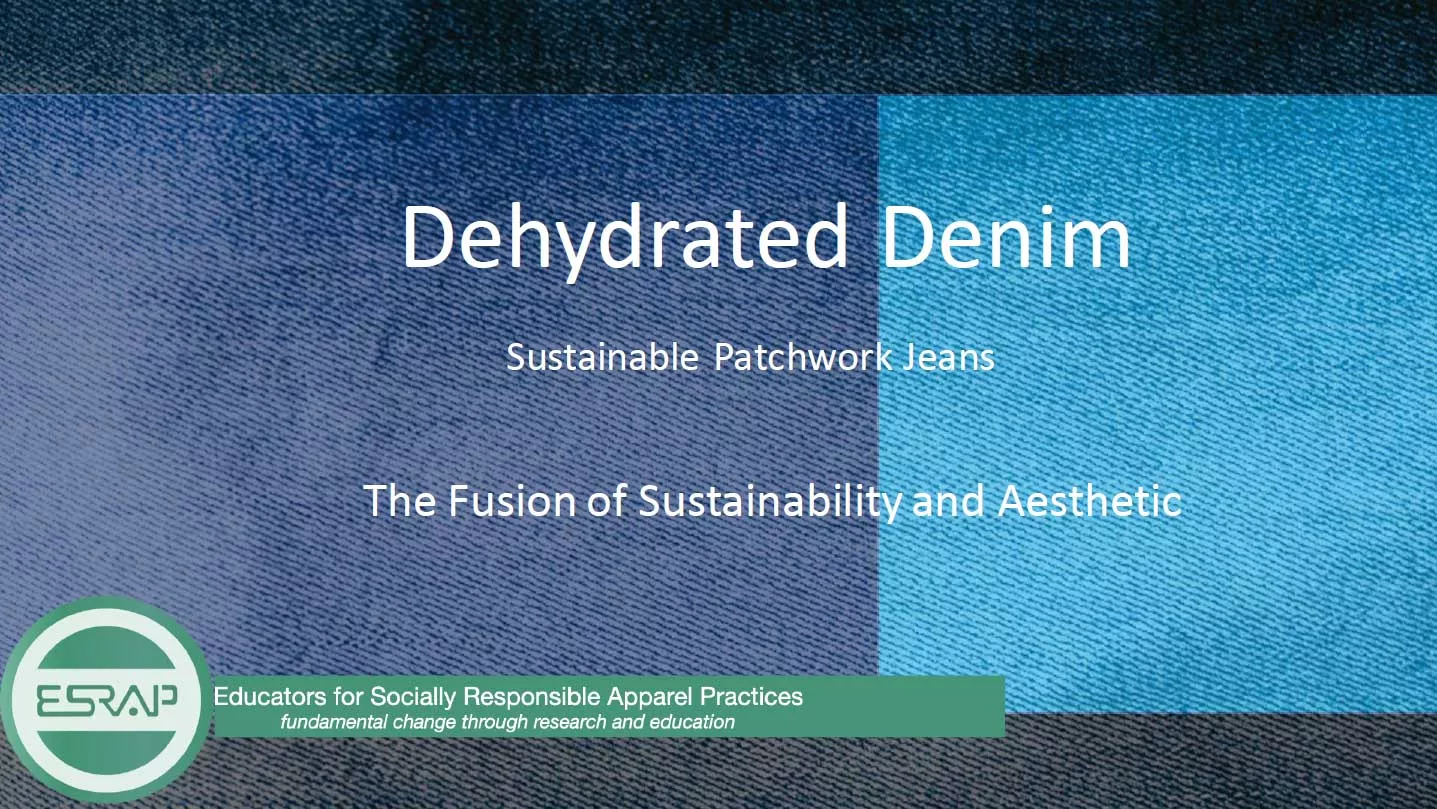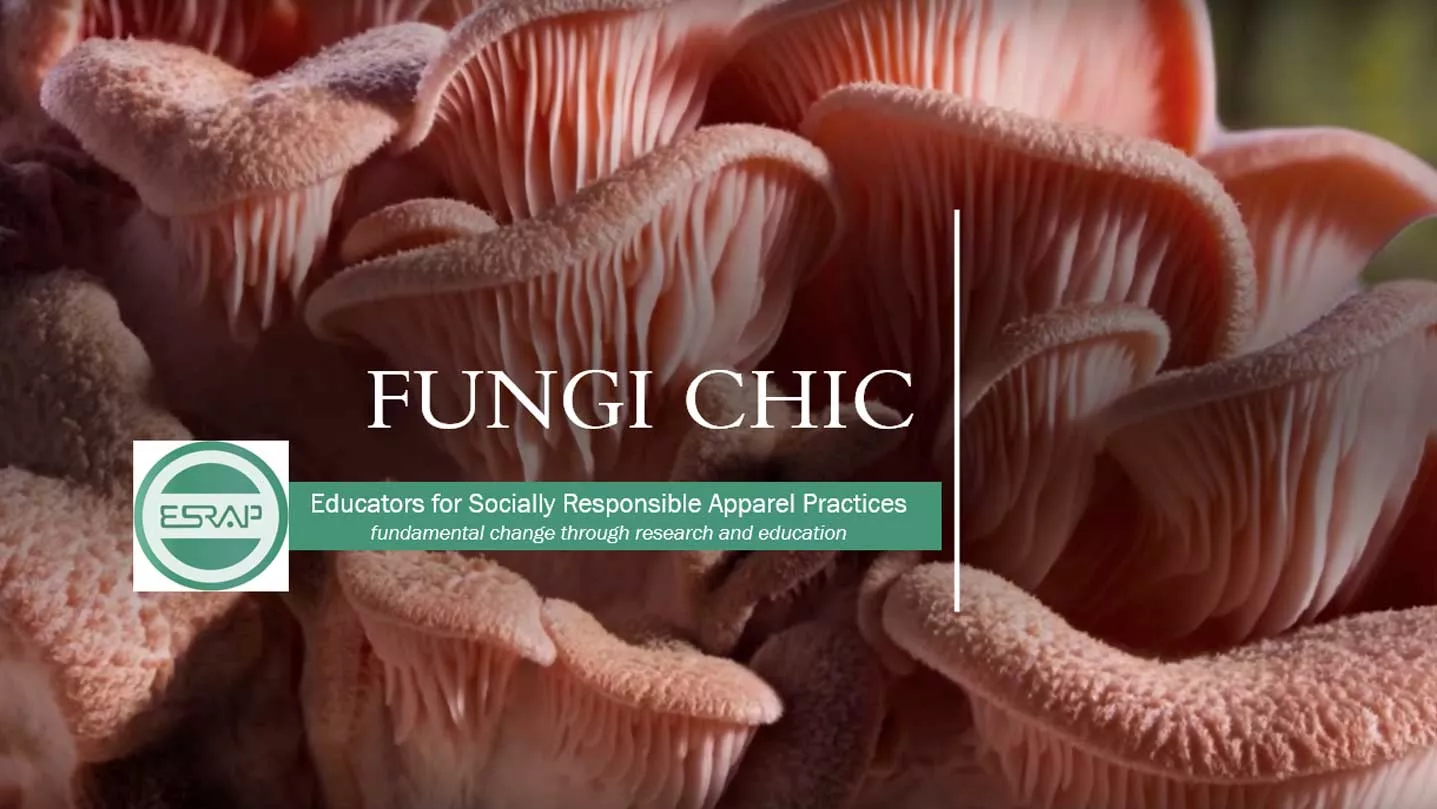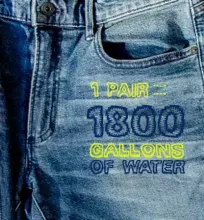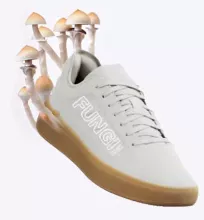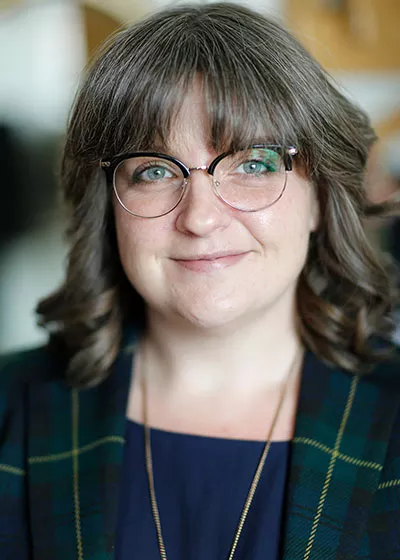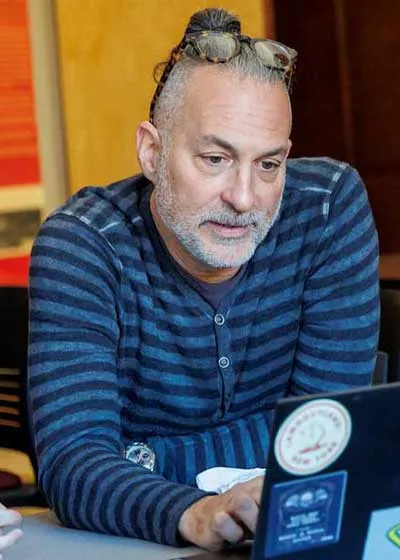Four SUNY Oneonta Fashion and Textiles students were among the top 10 finalists in the 2022 Educators for Socially Responsible Apparel Production (ESRAP) Student Merchandising Competition. The global competition challenges undergraduate students to develop fashion retail business plans that are sustainable and socially responsible. Competitors are judged by a panel of industry professionals and faculty in the sustainable fashion field.
Samantha Alberts (’22), Michelangelo Zacchia (’22), Owen Hodkinson (’23) and Cassidy Napolitano (’23) all finished among the top 10 finalists after developing business plans in Dr. Sarah Portway’s Spring 2022 Fashion Entrepreneurship course using the United Nation’s Sustainable Development Goals and triple-bottom-line frameworks.
“Dr. Portway’s Fashion Entrepreneurship course has helped in my career goals by giving me a true understanding of what a sustainable business model is,” said Cassidy, who is participating in the SUNY Oneonta FIT Visiting Student Program. “Going into the industry next year, I feel more prepared to combat this issue and educate others. I also feel comfortable identifying unsustainable practices within a company’s supply chain and taking action against them.”
AquaFeet
Owen and Cassidy, who submitted their AquaFeet project as a team, took third place in the undergraduate competition. “AquaFeet is a sock brand specializing in self-repairing socks,” said Cassidy. “AquaFeet socks can mend holes and tears easily with a little bit of friction and water, made possible by Squitex technology.” The plan prioritized four Sustainable Development Goals: Industry, Innovation and Infrastructure; Responsible Consumption and Production; Good Health and Well-Being; and Life Below Water.
“According to the ESRAP guidelines, the business had to be completely ethical across all fronts,” said Owen. Originally, the duo faced an ethical dilemma with AquaFeet because the proteins necessary to create the self-healing fibers of the socks were harvested from squids. “Luckily, scientific advancements were made a couple of months before we started working on the brand, and the proteins were able to be mimicked with no harm to squids,” said Owen.
“Cassidy and Owen’s successful teamwork for this competition is a fantastic example of two exceptional Red Dragons growing intellectually, thriving socially, and living purposefully,” said Dr. Portway. “Their place among the top three in this highly competitive and international competition is a remarkable and well-deserved achievement. They worked tirelessly and demonstrated a deep commitment to sustainability, professionalism, creativity and achieving a long-term goal.”
Dehydrated Denim
Michelangelo created a sustainable patchwork denim company called Dehydrated Denim that encourages sustainability through irresistible silhouettes. “In today’s industry, one pair of denim jeans requires approximately 1,800 gallons of water to produce,” said Michelangelo. “Dehydrated Denim jeans require 80 percent less water and encourage consumers to cultivate relationships with their clothing and planet. Our brand has a take-back system that allows us to actualize a sustainable circular economy.” Life Below Water and Clean Water and Sanitation were the Sustainable Development Goals Michelangelo used for Dehydrated Denim.
“Dr. Portway’s Fashion Entrepreneurship course really helped me establish myself as a self-starter with industry-ready ideas,” said Michelangelo. “For the ESRAP competition, I had the choice of working with a team or doing it individually. I wanted to challenge myself to actualize one of my ideas from start to finish, on my own.”
Fungi Chic
Samantha’s business plan for Fungi Chic focused on a virtual wholesale store that sells leather-alternative products made from Mycelium. “Mycelium is the root-like structure from mushrooms that grows underground and covers our entire planet,” said Samantha. “We have discovered that this structure can be grown in sheets to resemble the look, feel and durability of leather. This is a very new and innovative material making its way into the fashion industry.” The Sustainable Development Goals that her project incorporated were Life Below Water and Life on Land.
“Learning how to create a business from the very beginning and all the troubles along the way has taught me what it may be really like to be an entrepreneur in the fashion industry,” said Samantha. “I think a lot of the information I learned showed me what to look out for in a failing or thriving business, from the budgets, the pricing, the business concept, the target market, and everything else. I loved how this class took me out of my comfort zone and showed me another side to the industry.”
Fashion Presentation at the SUNY Digital Learning Conference
In addition to participating in the ESRAP competition, Samantha worked alongside Dr. Portway to give a presentation at the SUNY Digital Learning Conference held earlier this fall on campus. The project topic was “Faculty and Student Perspectives on Cultivating Career Readiness with Online Experiential Project-Based learning.” This presentation discussed the semester-long project Samantha and Dr. Portway worked on in the Fashion Promotion class during the Fall 2021 semester, based on creating a promotional event for a fashion brand.
Both she and Dr. Portway worked with SUNY Oneonta alumnus Scott Saltzman (’86) during this project’s duration, who is the PUMA Select Brand Manager.
“Who better to have helped us with this project than an alumnus who works for PUMA,” said Samantha. “This project would not have been possible without having Scott as the main contact and joining us most weeks via Microsoft Teams for our classes.”
